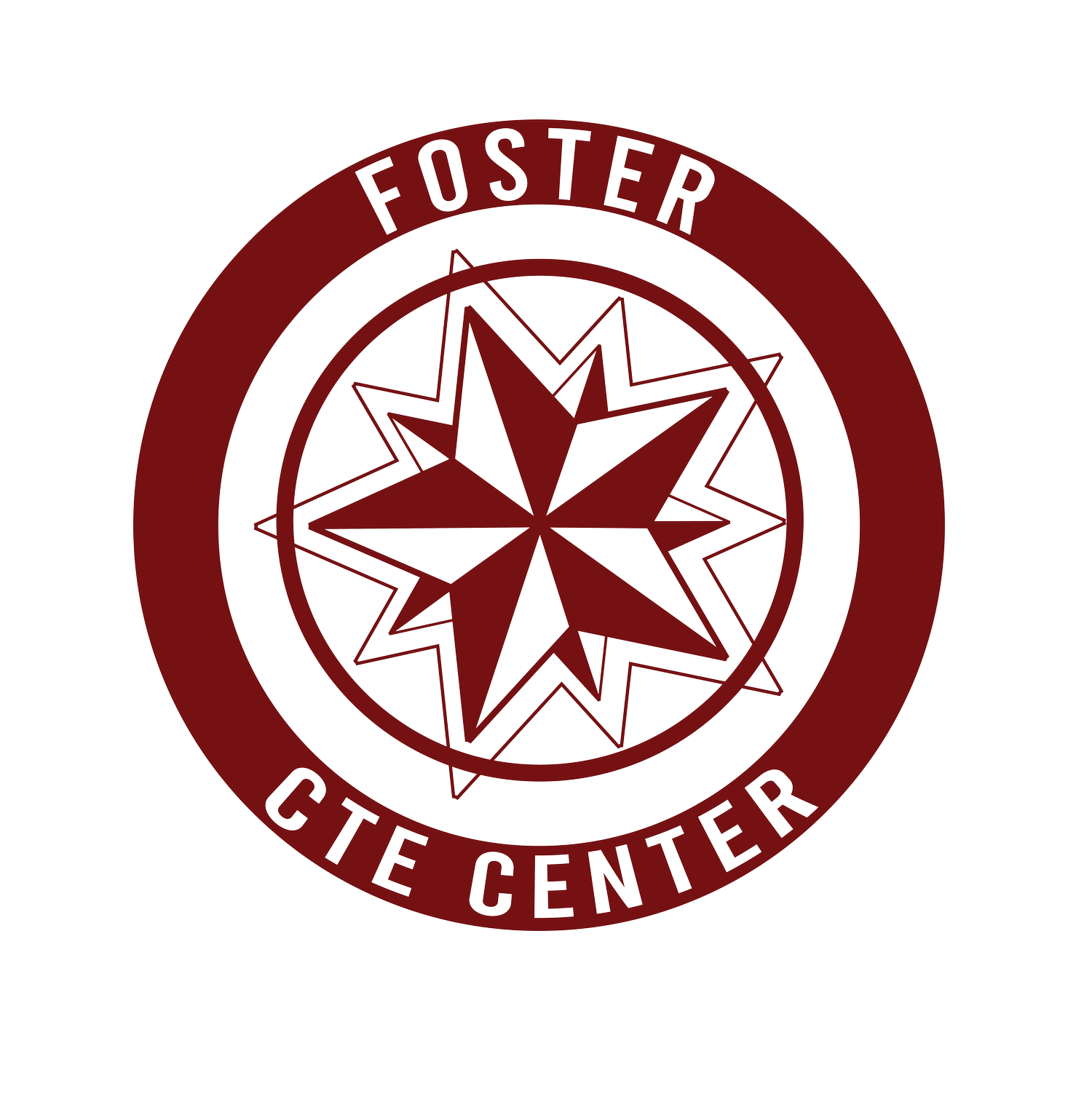Electrical
The Electrical Systems and Technology program is a hands-on, skill-based course designed to prepare high school students for careers in the electrical industry. This program provides a comprehensive foundation in electrical theory, wiring, installation, troubleshooting, and safety practices. Students will develop the technical skills and knowledge required for entry-level electrical work while exploring pathways to apprenticeships, post-secondary education, and industry certifications.
Spark your career with our Electrical program, combining hands-on training, technical knowledge, and real-world skills to prepare you for success in the high-demand electrical industry.
Program Objectives
-
Learn basic electrical theory, including voltage, current, resistance, and power.
Understand the principles of direct current (DC) and alternating current (AC) systems.
-
Safely use hand tools, power tools, and testing instruments commonly used in the electrical trade.
Develop proficiency with multimeters, wire strippers, conduit benders, and other industry tools.
-
Gain hands-on experience wiring circuits for residential and commercial applications.
Learn to install outlets, switches, lighting fixtures, and electrical panels according to building codes.
-
Understand and apply the National Electrical Code (NEC) to ensure compliant installations.
Prioritize workplace safety, including lockout/tagout procedures and personal protective equipment (PPE).
-
Learn to read and interpret blueprints, schematics, and electrical diagrams.
Plan and design basic wiring systems for buildings and small projects.
-
Develop skills to identify, diagnose, and repair electrical system issues.
Learn preventive maintenance techniques for long-term system reliability.
-
Explore renewable energy systems such as solar power and their integration into electrical systems.
Understand emerging technologies in automation, smart systems, and energy efficiency.
-
Apply classroom learning through practical, hands-on projects in a workshop setting.
Build, test, and troubleshoot electrical systems in simulated real-world scenarios.
-
Explore careers in the electrical industry, including electricians, linemen, and engineers.
Connect with industry professionals through guest speakers, job site visits, and potential internships.






